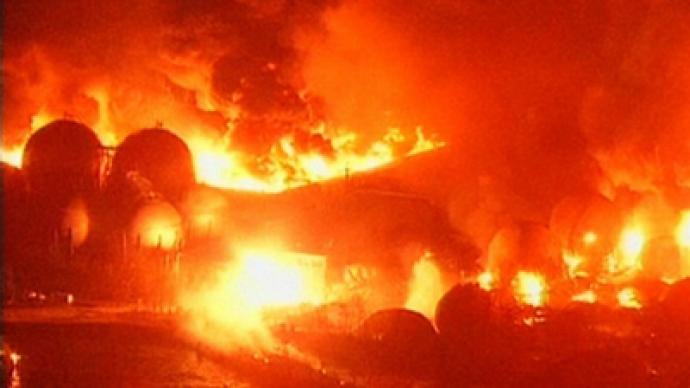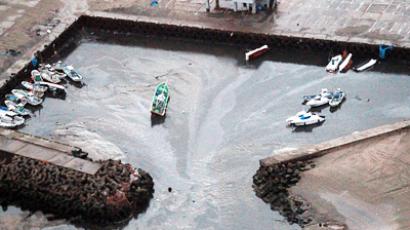Japan declares nuclear emergency as power plants fail

Following a massive 8.9 magnitude earthquake off the coast of Japan and an immense tsunami, Japan's Nuclear and Industrial Safety Agency (NISA) has shut down at least 11 nuclear power facilities due to damages, fires and increasing threats.
Hours after the emergency declared a heightened state of alert in certain regions and issued declarations of emergency in others where damage was greater. The Fukushima No. 1 nuclear facility is believed to have been hit the hardest, with threats rising as the cooling system appears to be failing, forcing authorities to release radioactive vapor into the air to alleviate pressure. In addition, Tohoku Electric Power’s Onagawa nuclear plant also experienced cooling failures. According to media reports, citing government officials, the plants are bracing for the worst as internal pressure rises and radiation leaks are required. Thousands of people live within a two mile radius of the plants.A number of environmental activists and anti-nuclear energy campaigners have jumped at the opportunity to cite these incidents are reasons to abolish or severely limit the use of nuclear power. Anti-nuclear power activist and author of "Solartopia! Our Green-Powered Earth, AD 2030" Harvey Wasserman said the quake may have brought Japan to the brink of a true nuclear disaster. “This is a very serious situation,” he said. “If the cooling system fails, the super heated radioactive fuel rods will melt and if they melt you could conceivably have an explosion could be an explosion.”He explained it could result in a massive release of toxic radiation impacting those in the immediate area and throughout the region.“It could be, literally, and apocalyptic event,” Wasserman commented. “This reactor could blow.”An explosion could result in radiation reaching Russia, China, Korea and most parts of western Asia. It is an absolute danger to build reactors on or near earthquake faults, he argued. Such events have occurred in the past in Japan with reactors in the past sustaining earthquake damages and raising fears. No nuclear plant close to sea level could withstand these types of earthquakes and tsunamis, alleged Wasserman. He said it is unthinkable to consider building further nuclear facilities in light of these events. Thousands could die from the outcome; many will lose power for a prolonged period of time during this including hospitals and emergency workers. Wasserman noted that lessens should be learnt from Japan. In California there are similar reactors build near North American fault lines. If a similar earthquake were to strike, the entire US would be at risk from nuclear fallout. “This is an apocalyptic event. These nuclear plants have to shut,” he added.Kevin Kamps, a specialist in nuclear waste from the organization Beyond Nuclear added that the reactors are over 40 years old and have one of the worst containment fields in the modern world. “It’s the oldest reactor design. The oldest containment design, a weak containment; if the pressure build-up is bad enough it could actually breach the containment and that motherhood of radioactivity activity could escape from the damaged core into the environment,” he said. “Hopefully electricity supply can be restored to the safety systems, the cooling systems that are necessary to keep these immensely hot reactor cores at a safe temperature.” He said that is the systems fail completely, the results could be catastrophic.














